You may like to think that you are not prejudiced against any particular group. But the odds are that you are biased. No, I don’t mean that you discriminate based on gender, race or religion. I am talking about your investments. That’s right, you probably have investment bias.
You may have heard about the three rules of real estate: Location, Location, Location. With investing, the rules are: 1. Diversification 2. Diversification 3. Diversification. Did I mention diversification? The best investors tend to be diversified in several ways, by asset type (stocks, bonds, real estate, etc.), by sector (high-tech, chemicals, banks, etc.) and by geography. Diversification has a strong track record, with solid returns and lower risk than non-diversified portfolios. Nevertheless, most people are not properly diversified, and are “biased”. Let’s discuss these biases in more depth.
Asset bias: There is an old rule of thumb is that your age should represent the percentage you should invest in bonds, with the balance going to stocks. For example, under this guideline a 30-year-old should have 30% invested in bonds, with the remaining 70% invested in stocks. A 50-year-old should have 50% in bonds and 50% in stocks, and a 70-year-old should have 70% in bonds and 30% in stocks. The thought behind this is that since stocks have higher risk than bonds, investors should reduce their exposure to stocks as they get older. However, in my view, this rule is no longer relevant, if it ever was. With today’s low bond yields and low interest rates on bank accounts, investors are often losing money with these investments, because inflation is higher than the yields they are receiving. While stocks involve higher risk, they also have higher potential returns. With life spans increasing (more on that in a future article), investors have more time to recoup losses.
Sector bias: Many investors will be overly invested in a particular sector. For example, I know several investors who had all their money invested in technology stocks before the collapse of this sector in the early 2000s. These investors lost a huge chunk of their money, and more than a decade later, the main technology indices still have not recovered these losses. In contrast, the general stock market indices such as the S&P 500 have recently broken all-time high records. Had these investors diversified their portfolios in different sectors and not just invested in technology stocks, their situation today would be completely different.
Geographical bias: There is a tendency for people to have a very high proportion of their assets invested in their home country. This is known as Home Bias. This is a global issue, as US, UK, Canadian and Australian investors are all guilty of home bias. According to a study by the Vanguard Group, the US accounts for about 49% of the value of the global stock market, yet US mutual fund investors held only 27% of their stock investments in non-US funds. The same applies to Israel. If you have been living in Israel for several years or more, you probably have a home bias towards Israel. Here’s why. If you have a pension fund, bituach menahalim, kupat gemel or keren hishtalmut, much of these are likely to be invested in Israeli stocks and bonds. If you own a home in Israel, this likely represents a high percentage of your net worth. Israeli home prices are tied to the Israeli economy, and are denominated in Shekels. If you are working, you have a salary, which is also tied to the Israeli economy and in most cases is denominated in Shekels. These future cash flows from your salary are an asset. So your net worth is likely “overweight” Israel.
You may be saying to yourself, “I’m not Warren Buffet, how can I diversify?” It can actually be done quite easily, through the use of Exchange Traded Funds (ETFs) and mutual funds. These investment vehicles allow diversification for both the wealthy and the not so wealthy (I am an optimist, so I prefer to call the latter group “the future wealthy”). Investing in ETFs and mutual funds builds you an “instant portfolio”, and these investment vehicles come in all sorts of flavors, with funds that invest in the US stock market, non-US stock markets, emerging markets, US bonds, non-US bonds, real estate, etc. By working with a qualified investment advisor, you can build a diversified portfolio that can help you meet your financial goals.


